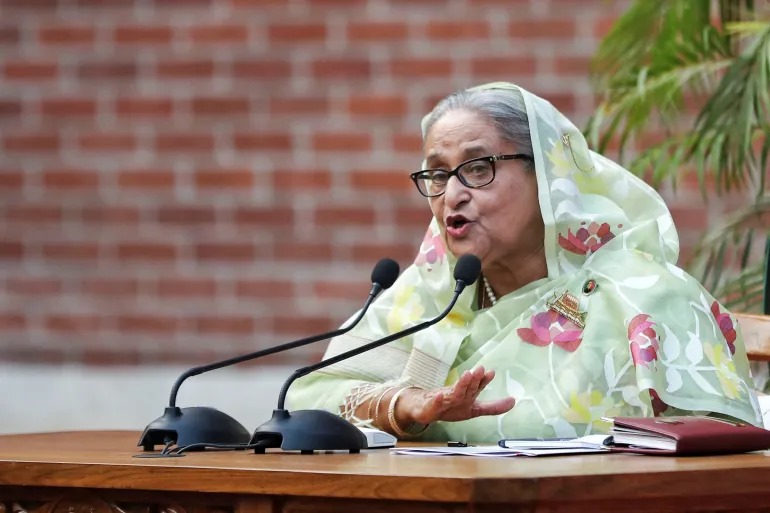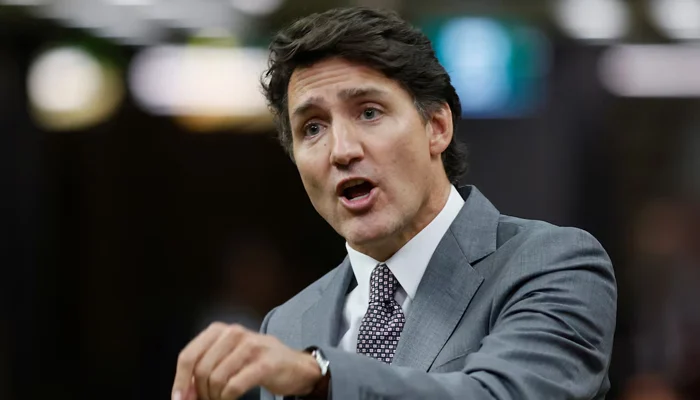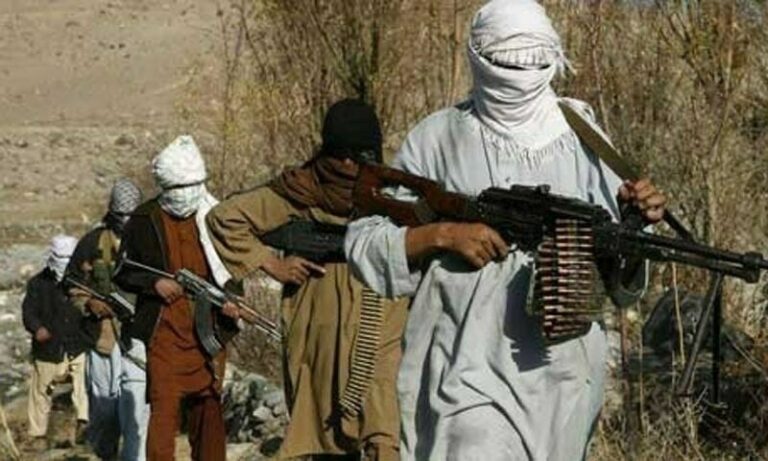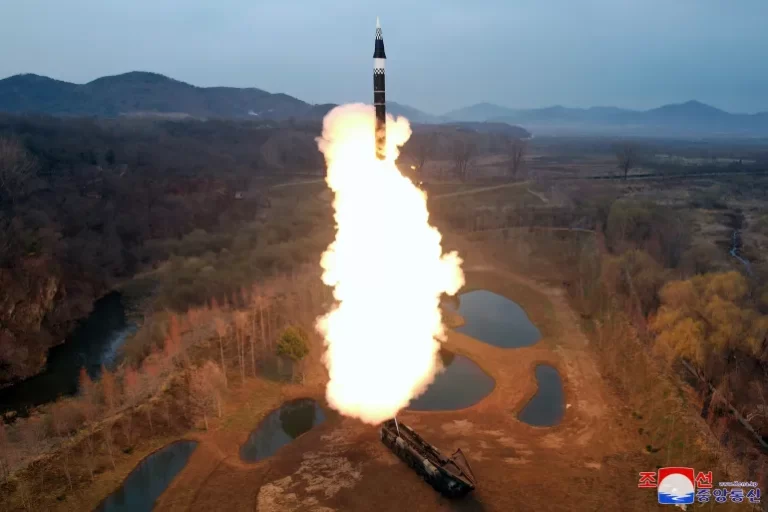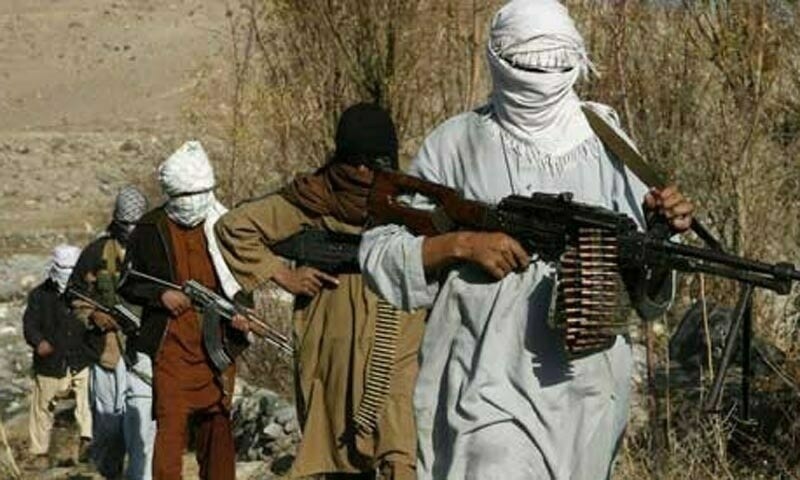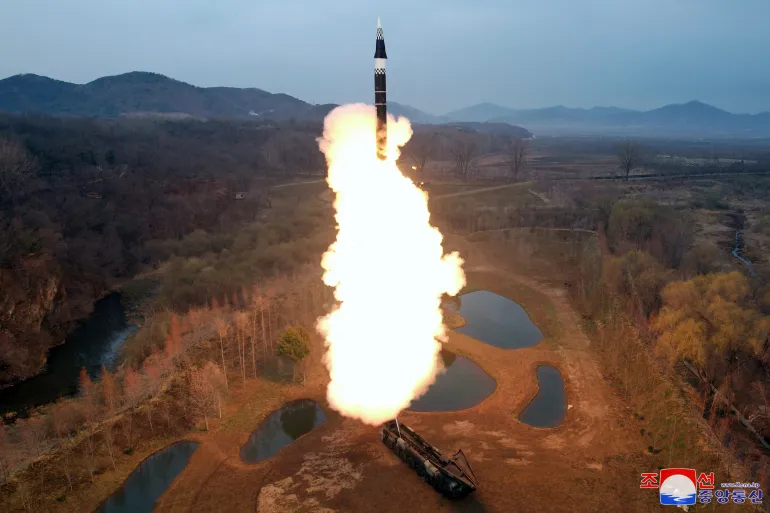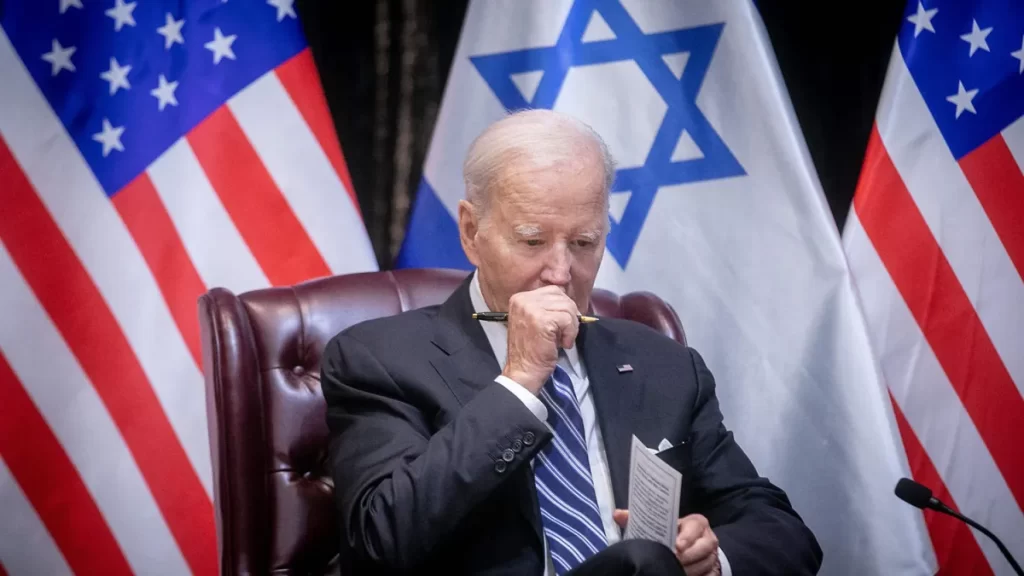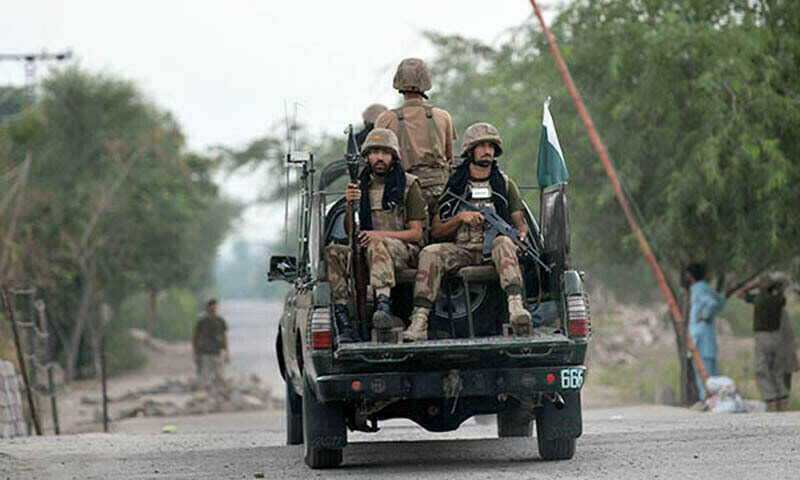Bangladesh recently requested India to extradite former Prime Minister Sheikh Hasina, who fled amid significant political unrest. Student-led protests, sparked by the reinstatement of a controversial government job quota, triggered nationwide demonstrations. Protesters opposed the 30% reservation for descendants of freedom fighters, demanding merit-based recruitment instead. Economic hardships, corruption allegations, and human rights issues added to public discontent. These escalated tensions forced Sheikh Hasina to resign in August 2024, ending her 15-year rule.
Criminal Charges Related to Sheikh Hasina’s Extradition
After her resignation, the International Crimes Tribunal in Dhaka accused Sheikh Hasina of severe crimes, including genocide. These charges stem from violent crackdowns on student-led protests, which resulted in numerous casualties and injuries. Arrest warrants were issued for Hasina and her close aides, intensifying calls for her return to face judicial proceedings.
Sheikh Hasina’s Extradition Request
On December 23, 2024, Bangladesh formally asked India to extradite Sheikh Hasina through a diplomatic note. The interim government views her return as essential for legal accountability and public confidence. Indian officials acknowledged the request but have refrained from disclosing their stance. Hasina sought refuge in India after her ousting, citing safety concerns.
Domestic and International Reactions
Bangladesh’s tribunal faces criticism from Human Rights Watch, urging fair trials and abolishing capital punishment in related cases. Hasina’s son, Sajeeb Wazed, condemned the charges, calling them politically motivated. Critics argue the tribunal serves as a tool for revenge, undermining its legitimacy. The international community closely monitors the situation, emphasizing legal fairness and human rights adherence.
India’s Dilemma
India’s decision carries significant diplomatic weight, potentially impacting its relations with Bangladesh’s interim government. Officials must balance legal protocols, human rights, and regional stability. India’s response could also set a precedent for similar future extradition requests from neighboring countries.
Impact on Bangladesh-India Relations
The extradition request places India in a sensitive position, testing its bilateral ties with Bangladesh. Cooperation on this matter could strengthen relations but may provoke controversy if perceived as unjust. Meanwhile, Bangladesh’s internal political environment remains fragile, with the interim government struggling to maintain public trust.
Student-led protests remain a focal point of the crisis, as their initial spark has grown into a broader demand for systemic change. The Sheikh Hasina extradition case is a critical test for both countries. Legal fairness, human rights considerations, and political stability are at stake. The international community will continue to scrutinize developments closely.

